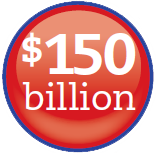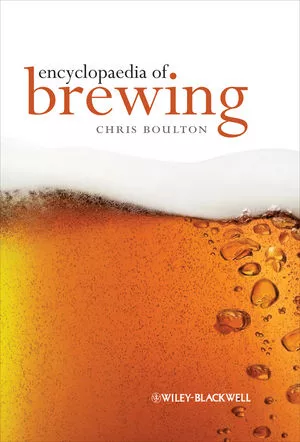Breweries, distilleries ‘go-to’ destinations to facilitate fan engagement
Bayou Rum distiller opens $8 million Barrel Library and Event Center
To educate consumers about the brewing process or how handcrafted spirits are made, many breweries and distillers operate as “go-to” destinations complete with tours, taprooms, samples and merchandise. Alcohol and non-alcohol beverage companies often hold grand openings and ribbon cuttings to celebrate expansions and new varietals with fans, the media and sometimes even government officials.
For instance, in late June, the Lacassine, La.-based Bayou Rum distillery hosted a grand opening for its $8 million Barrel Library and Event Center. The center houses thousands of batches of the latest creations from Master Blender Reiniel Vicente Diaz and Master Distiller and Operations Director Jeff Murphy, as well as operates as a tasting area where visitors can sample Bayou rums and learn more about the art of distilling, the company said in a statement.
Designed to hold as many as 300 people inside and out, the event space is connected to an outdoor venue with a stage and dance floor. To further attract consumers, a coffee house, known as Café du Bayou, is located in a two-story 1903 farmhouse next to the distillery, which offers gourmet coffee and pastries in a family-friendly atmosphere.
Other beverage brands also are hosting events to engage with their communities. On July 13, consumers were invited to “Celebrate Soil and Community” at the Grain Place Foundation’s Annual Summer Field Day. Taking place on a 280-acre certified organic farm in Marquette, Neb., the event featured farm tours, experts discussing regional food systems and environmental stewardship, and an organic lunch.
As more consumers incorporate tasting and facility tours as part of their entertainment plans, we can expect to see more distillers and brewers transitioning their operations into sought-after destinations.

Did you know?
Consumer awareness toward sustainability and health is an integral part of their lifestyle and is growing at an accelerated rate. Sustainability continues to drive sales across the consumer packaged goods landscape and Nielsen predicts that the U.S. sustainability market will reach $150 billion by 2021.
Looking for a reprint of this article?
From high-res PDFs to custom plaques, order your copy today!





